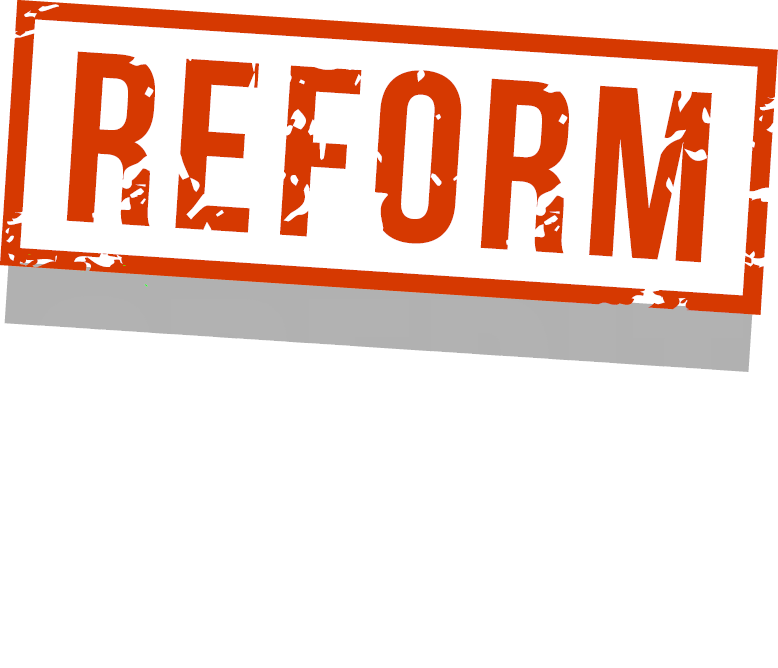insights
- September 20, 2021
There are moments when it’s easy to explain how large credit unions are abusing their federal tax exemption, which was created by Congress years ago to subsidize the provision of financial services to people of modest means.
